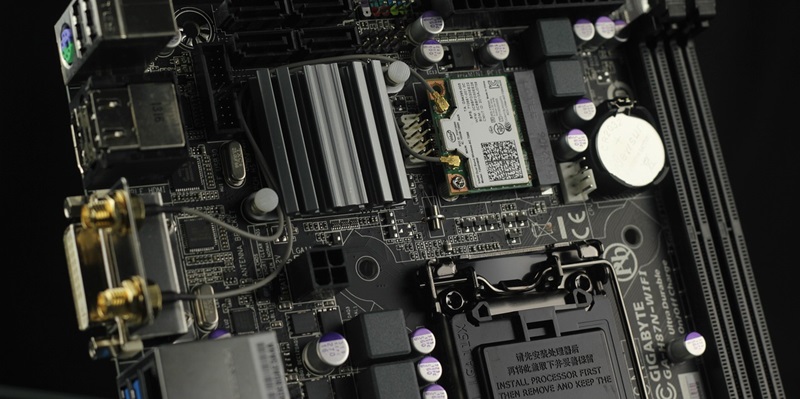PC hobbyists are in for a surprise as Microcenter, a leading electronics retailer in the US, has unveiled a remarkable bundle deal. At just $450, this bundle includes the AMD Ryzen 7 7800X3D CPU, a Gigabyte B650 Gaming X AX v2 motherboard, and a 32GB G.Skill Flare X5 DDR5-6000 memory kit. This bundle is a steal, especially for those aiming to upgrade their PC or build a new one, offering premium components at a fraction of their usual cost.
Breaking down the deal, the Ryzen 7 7800X3D stands out with 8 cores, 16 threads, and a huge 96MB L3 cache. It operates between 4.2 GHz to 5.0 GHz, supported by Zen 4 architecture and an ample 3D V-Cache, making it a powerhouse for gaming and intense tasks. This CPU alone retails for around $349, making the bundle’s value even more remarkable. Each component complements the other, forming an impressive foundation for any high-performance PC, all for a price that’s hard to overlook. This Microcenter deal is a clear win for tech aficionados seeking top-tier parts without breaking the bank.
A Breakdown of Savings
At Microcenter, a stellar package deal presents a rare bargain on PC gaming essentials. The combo includes a $200 motherboard and a G.Skill DDR5 memory kit typically costing $112.99 when sold separately. Within this bundle, the Ryzen CPU—integral to any modern gaming rig—is available for just $140, exemplifying outstanding value for tech enthusiasts and casual builders alike.
However, this deal is only accessible through in-store pickups at Microcenter, restricting its availability to certain locations. This approach aligns with Microcenter’s tactic to draw shoppers to its physical stores by undercutting prices on premium tech bundles. Despite the geographical constraints, such offers solidify Microcenter’s appeal to those seeking high-performance computing at great prices, bolstering its reputation in the retail market as a prime spot for tech deals.

